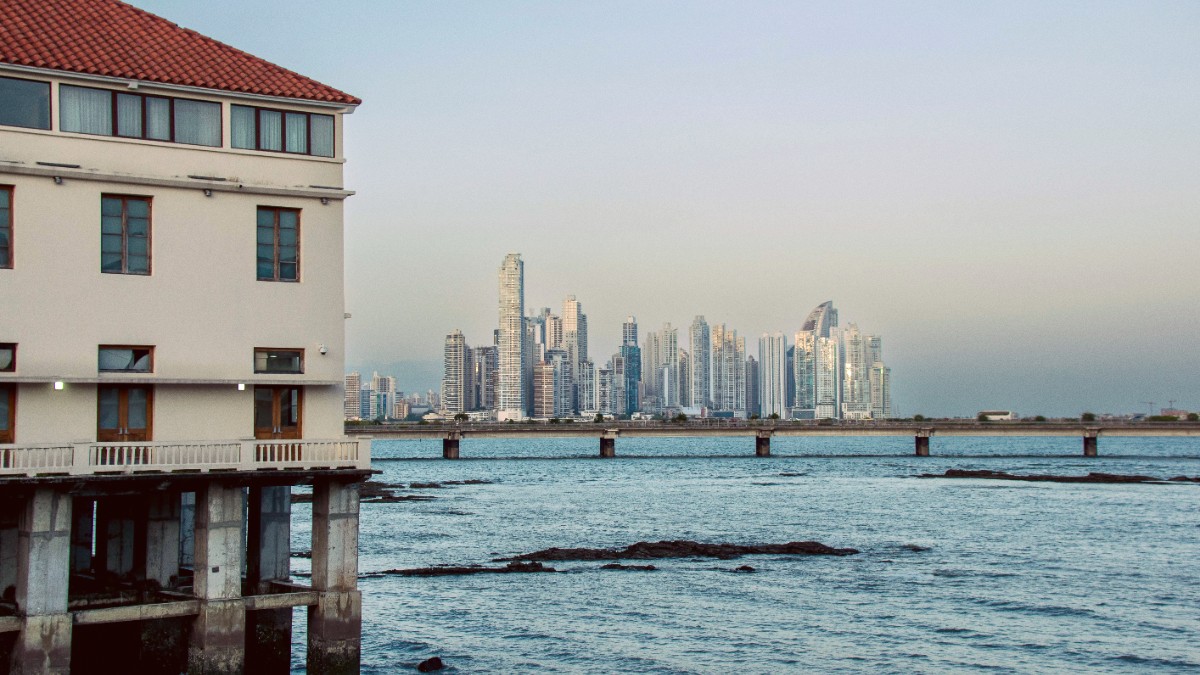
Panama
The Canal relies heavily on fresh water from the Chagres River and Gatun Lake watershed. Conservation efforts maintain adequate water levels and protect biodiversity.
Panama boasts numerous national parks (e.g., Soberanía, Metropolitan, Coiba) dedicated to protecting its rich biodiversity. Respect park rules and do not disturb wildlife.
A binational park shared with Costa Rica, this UNESCO World Heritage site is a significant biodiversity hotspot and a testament to cross-border conservation.
Panama's rich biodiversity and the ecological needs of the Canal system underscore environmental awareness.
Waste collection is standard in Panama City. Recycling programs are still developing. In rural areas and on islands, waste disposal can pose a significant challenge.
While Panama receives ample rainfall, the Canal's water needs are immense, making water conservation in the watershed and by individuals important.
Look for hotels and tour companies demonstrating a commitment to sustainable practices. This approach lessens environmental impact.
Prioritize direct purchases from artisans themselves or from shops explicitly committing to fair trade. This directly supports creators. Consider reusable products from Package Free Shop.
Support Conservation Through ShoppingChoose local restaurants, guesthouses, and tour operators over large international chains where possible. Your money circulates within the local economy.
Find Eco-friendly AccommodationsConsider carbon offsetting your flight through Terrapass or other reputable programs to mitigate environmental impact.
Your travel choices shape Panama.
Initiate contact with a polite greeting in Spanish. Be mindful of personal space. A "no" indicates a boundary. Bargain politely in markets.
Seek out tours or activities directly benefiting local communities. These experiences often offer unique insights into local life and traditions.
Choose locally sourced food and products where possible. This approach reduces transportation emissions and supports local producers and businesses.
Choose reputable ecotourism operators who prioritize animal welfare and conservation over exploitative practices.
Your spending directly supports local jobs and small businesses, fostering community growth and preserving cultural heritage.
Your spending directly supports local jobs and small businesses, from tour guides to restaurant staff.
When booking tours, ask about their local employment practices and environmental policies. Companies committed to responsible tourism contribute more positively.
Panama's rich ecosystems and culture benefit from conscious travel choices, ensuring their preservation for future generations.
Support tourism that safeguards animal welfare. Avoid practices that harm or exploit Panama's diverse fauna.
Engage with Panama's cultures thoughtfully. Your interactions can contribute to the preservation of traditions and customs.
Support the local economy by making conscious purchasing decisions during your visit to Panama.
Conscious use of resources is . Water and energy conservation contribute to Panama's environmental sustainability.
Taking specific steps to reduce your environmental footprint during travel. Every small action matters.
Consider offsetting your flight's carbon footprint through reputable programs.
Minimize personal waste by using reusable bags and water bottles.
Choose locally sourced food and products to reduce transport emissions.
These activities are illegal and have severe negative consequences for individuals and communities.
Responsible travel in Panama helps create a meaningful and sustainable journey. By respecting the environment, engaging with local cultures, and supporting the economy ethically, you contribute to preserving this remarkable destination for future generations.